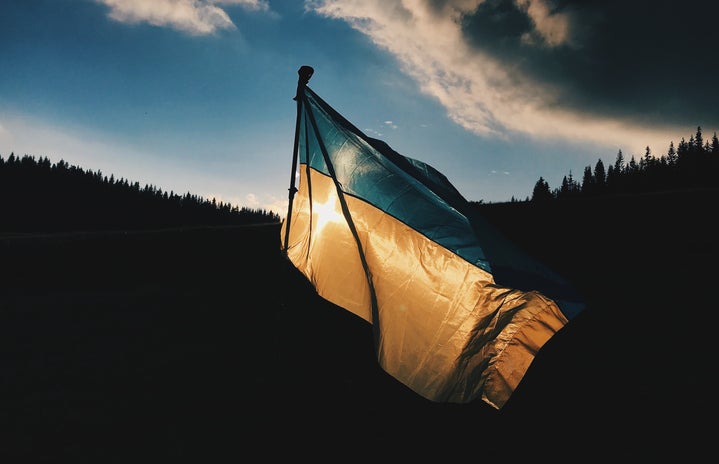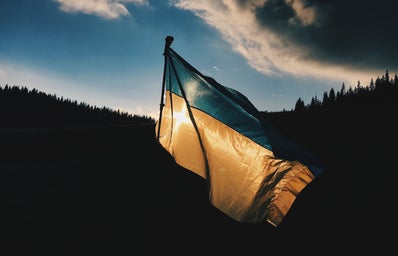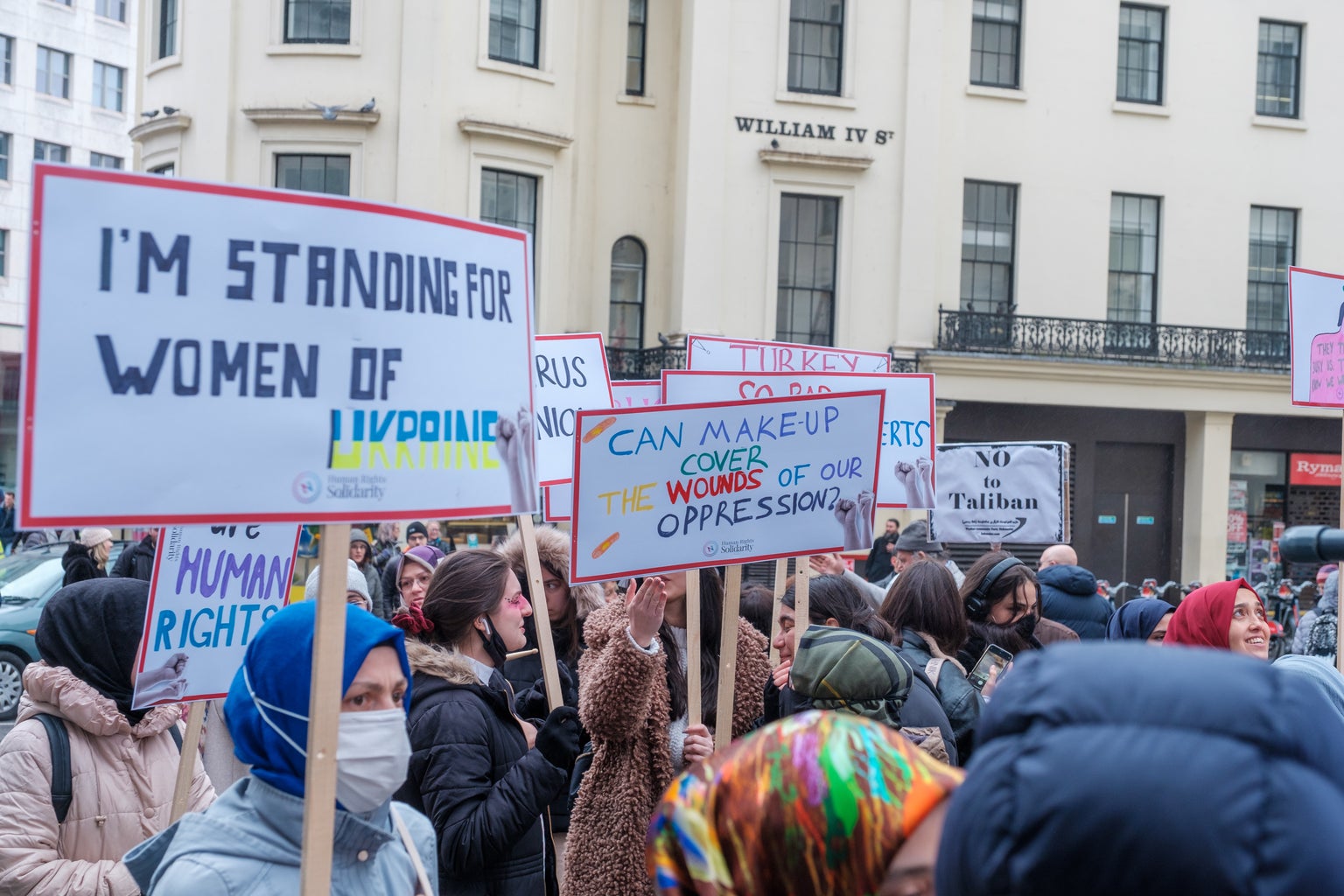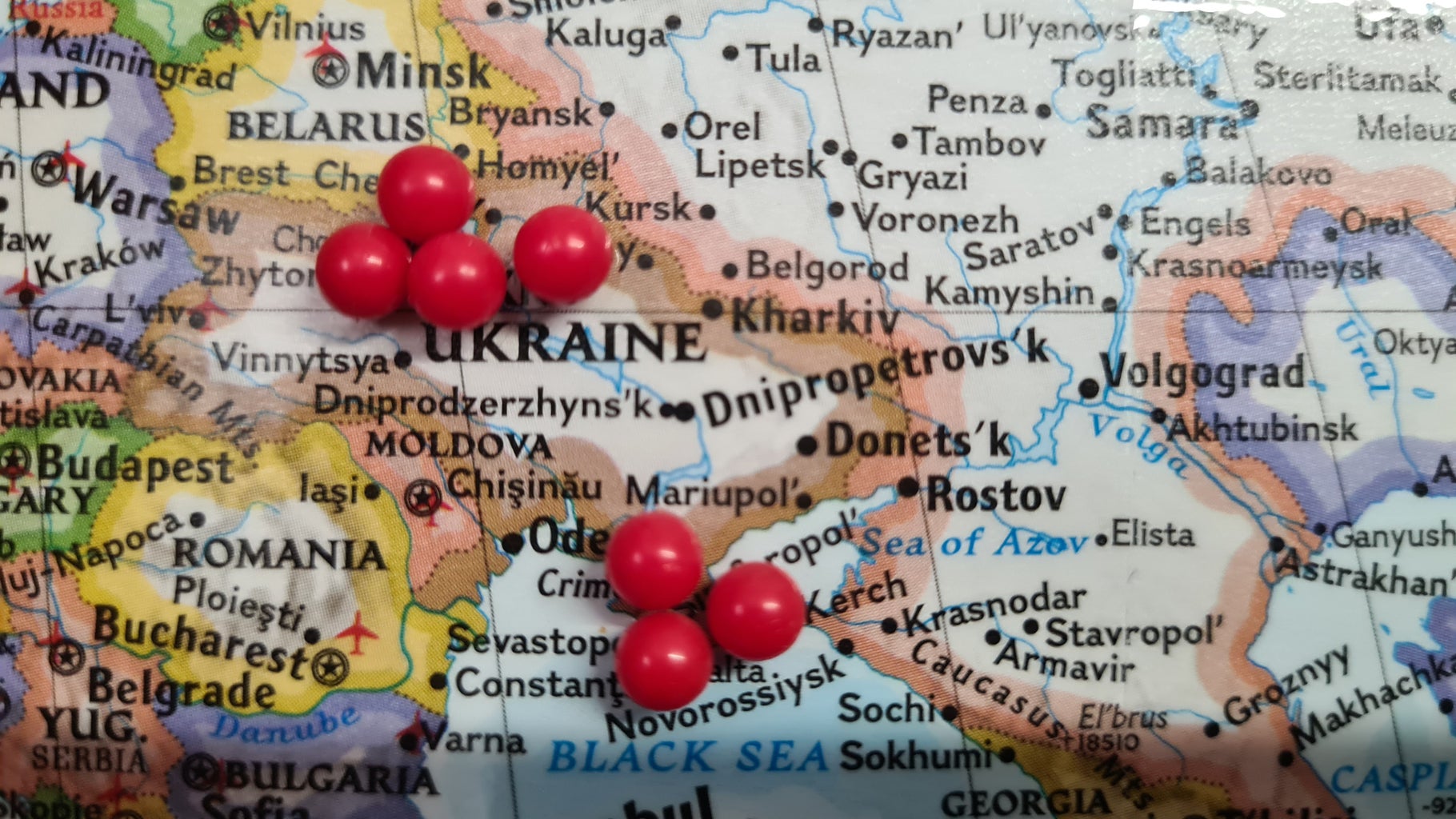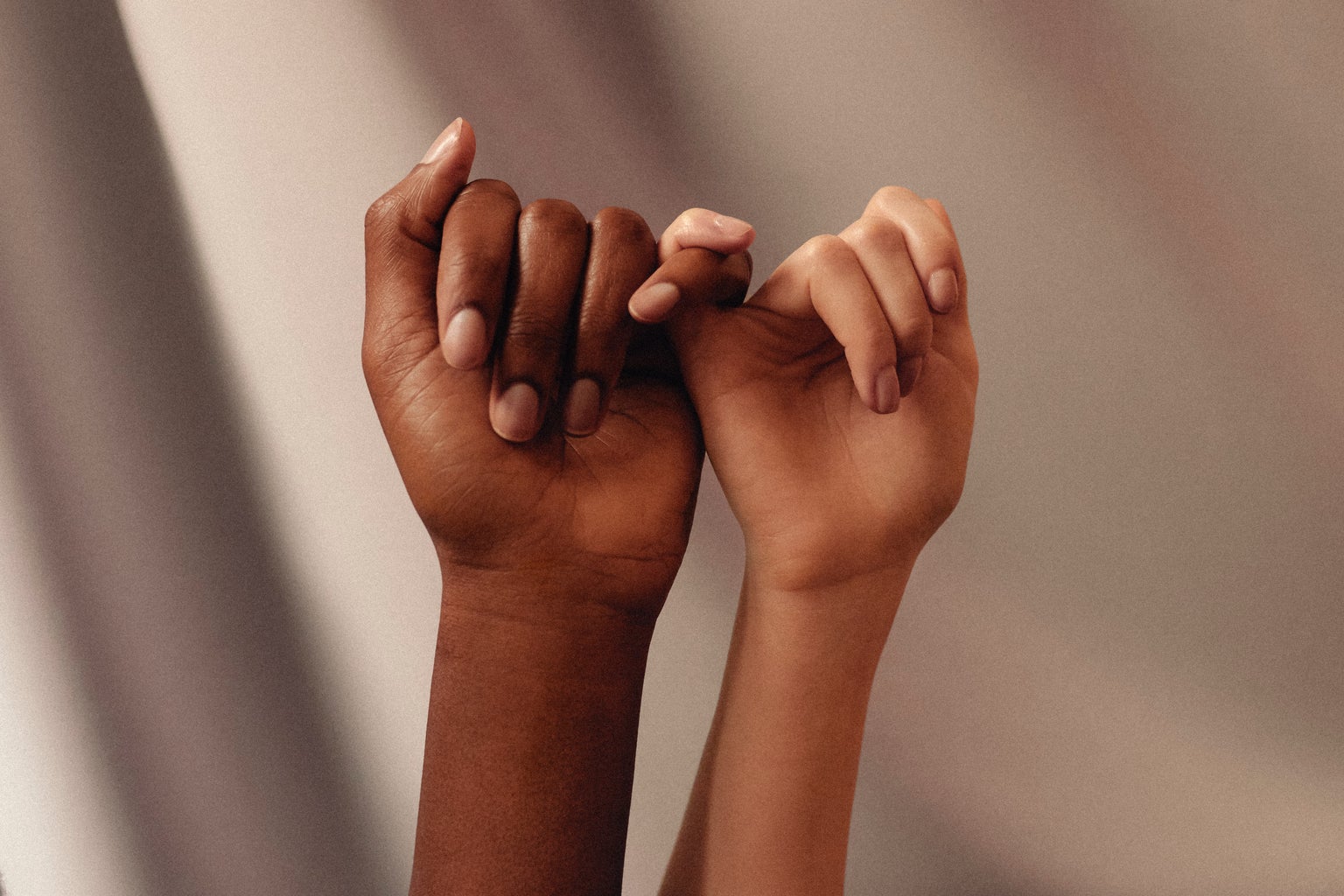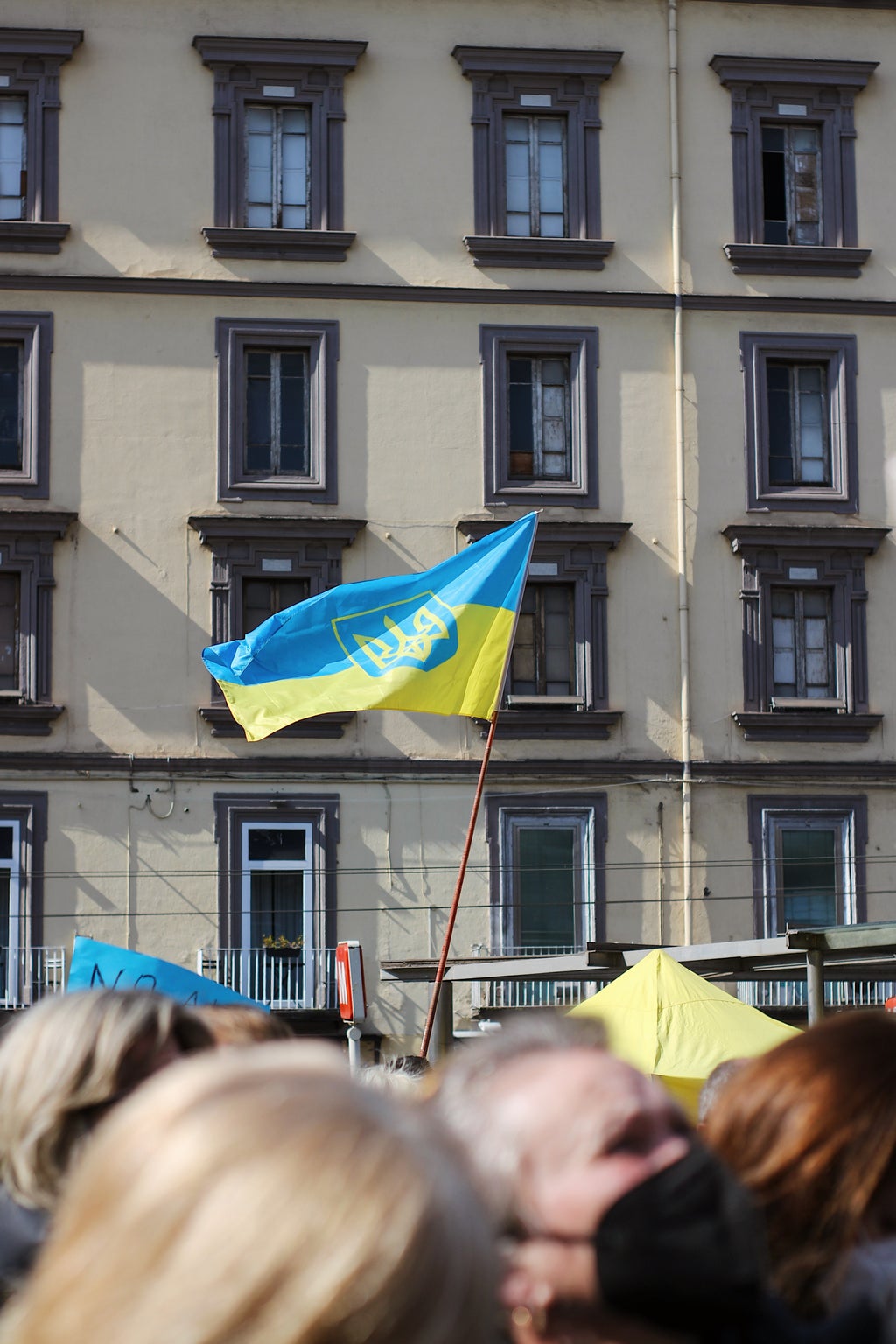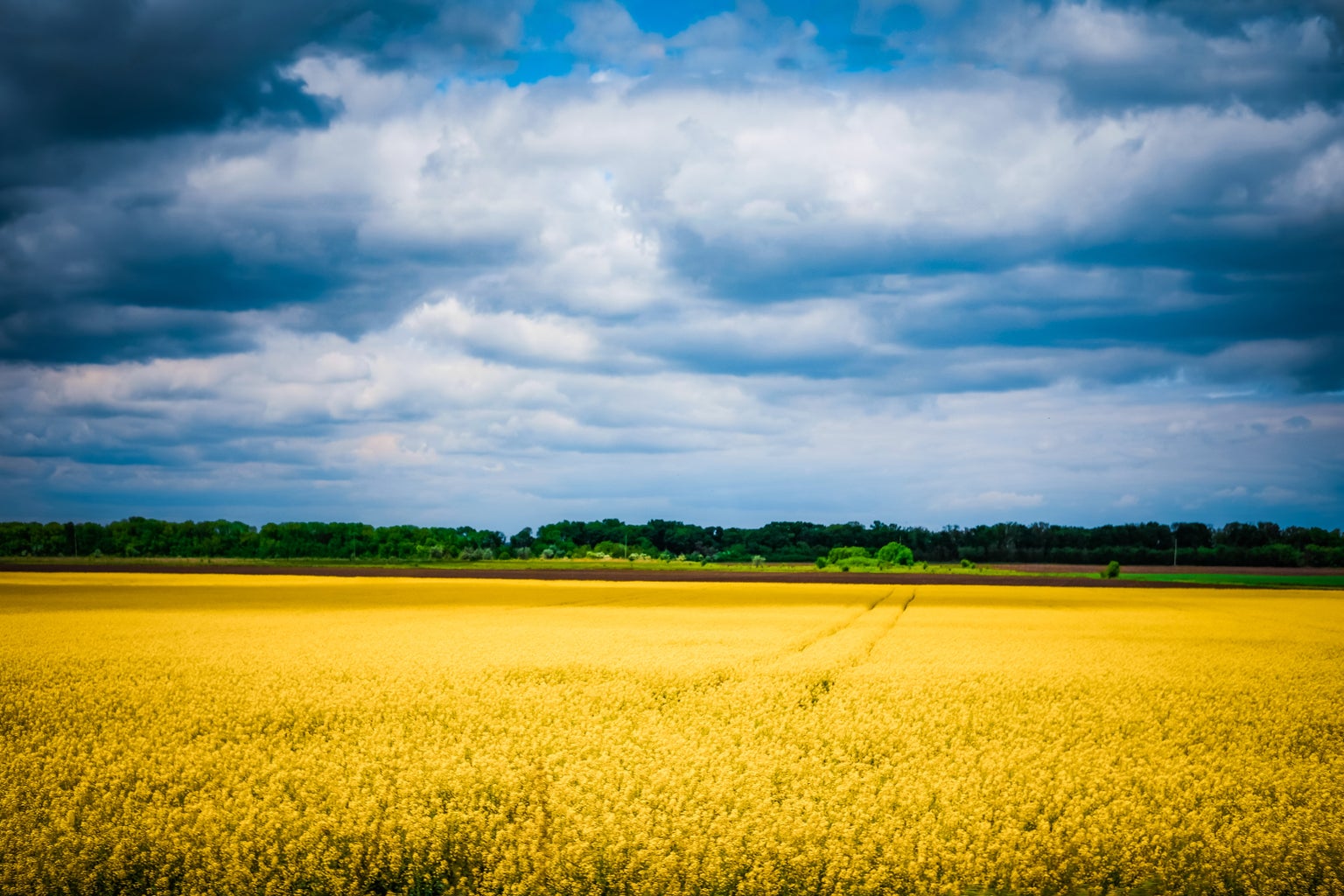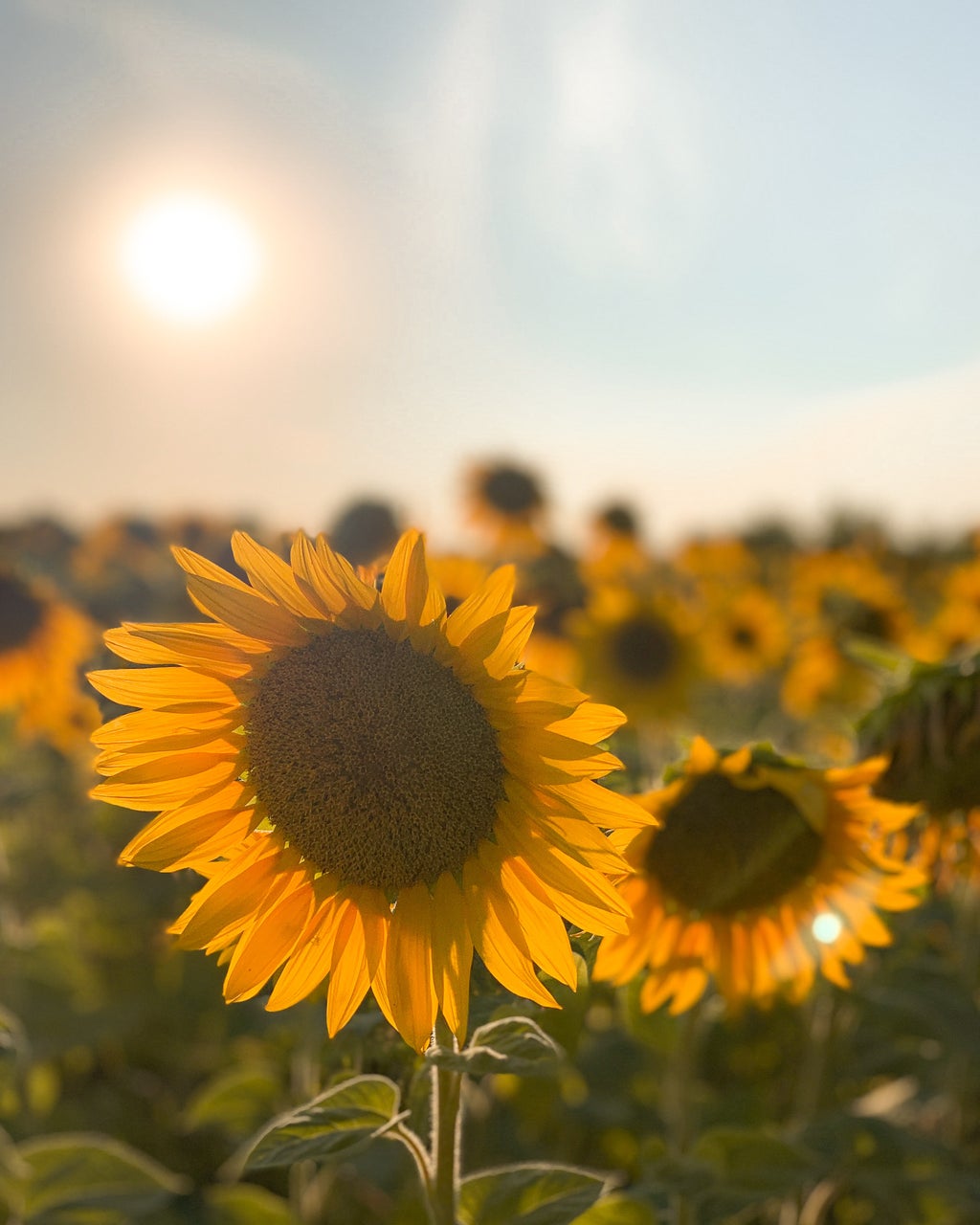It’s March of 2022 — two years after the international community experienced a global lockdown. With restrictions lifting across the world, many of us were filled with the hope of new possibilities – a return to some semblance of normalcy. But Russia’s invasion of Ukraine on the 24th of February extinguished that little spark of optimism, not only in Eastern Europe but throughout the world.
The United Nations reported that over 2 million people have fled Ukraine since the crisis began, approximately half of which are children.
Many of us watching the events of the war unfold have been inspired by the strength and resilience of the Ukrainian people, but while fighting for one’s homeland — for freedom — is valiant, it’s important to remember that war has brutal long-term consequences, both for those who fight and those they leave behind.
In the wake of International Women’s Day, let’s explore how this most recent war is affecting the women caught up in yet another senseless display of violence, oppression, and tyranny.
In March 2021, it was reported that 22.5% of Ukraine’s armed forces were women. Countless cases of women taking up arms to protect their country have surfaced over the last few weeks, including Yaryna Arieva, a newlywed who remained with her husband, Sviatoslav Fursin. Together the two are part of a national resistance fighting the unwarranted invasion of Ukraine by Russia’s troops.
But while some women confront the enemy head-on, many are faced with an entirely different challenge: retreat. With millions of men forced to remain behind — men aged 18-60 have been conscripted and are not allowed to leave the country — women with children are forced into making a Hobson’s choice: remain in a war-torn homeland, risking both your own life and the life of a child, or retreat into the unknown.
But the unknown is far more nefarious than imaginable. With such a huge number of refugees flooding out of Ukraine into neighboring countries, aid workers are finding it difficult to keep track of people. Exhausted, travelling through freezing temperatures with little to no food, women and children are being exploited by sex traffickers promising transportation, safe lodging, and food. It seems cruelty has no boundaries, nor do those who shamelessly prey on the most vulnerable.
Ukrainian women are not the only ones struggling at the border. Many international students and workers have faced complications at the border between Poland and Ukraine. A Nigerian doctor named Chineye Mbagwu said she spent two days stuck in Medyka trying to get into Poland, but authorities would not let her through. Ms. Mbagwu said:
Right-winged nationalists reportedly marched through the streets of Przemysl, Poland and harassed non-white refugees telling them to “get out of their country”. Though Polish Foreign Minister Zbigniew Rau said Poland was committed to taking in refugees “without distinction”, he admitted that “practices on the ground might not reflect the policies in central government.”
And what about the women of Russia? In a conflict of this size, sometimes it is easy to forget that the “enemy” side is comprised of human beings, too — many of whom are vehemently and vocally against the war. Mothers, sisters, and daughters with little to no international support have been left devastated by the war with Ukraine.
In Russia, men aged 18-27 who have no exemption must serve in the military for a year. A lack of transparency has resulted in many young Russians fighting a war they know nothing about. Ukraine has started a campaign called “Look For Your Own”, a Telegram channel showing pictures of Russian POWs and casualties — something Ukrainian presidential adviser Oleksiy Arestovych called “…a gesture of good will to Russian mothers”. The people of Russia have not kept quiet. More than 4300 people were arrested in Russia for protesting the war and promoting peace.
With so much unrest and uncertainty, it is easy to default to pessimism — or worse, apathy — but it’s important to remember that millions of people are working to help those caught in the crisis. In Warsaw, Marta Kryznowek is one of many setting up access to food, shelter, transportation, and medical supplies for the refugees crossing into Poland, which has seen more than 1.2 million people cross the border since the war began.
War is destructive. Unnecessary. Barbaric. It claims the most vulnerable and leaves families torn apart. But if this war has taught us anything, it is that the world is full of compassion. Here in Canada, many of us may feel helpless because the war in Ukraine seems so far away, a place we can’t reach or help even if we want to. But there are many organizations doing their part to help those in need — reliable organizations like the Red Cross and UNICEF.
Many local churches and non-profits have put together care packages for the millions of women and children affected.
As we emerge from a global crisis, let’s celebrate International Women’s Day with gratitude for our freedom, and remember the strength and resilience of our sisters fighting for their lives in eastern Europe.
“We cannot change the past, but we can change our attitude toward it. Uproot guilt and plant forgiveness. Tear out arrogance and seed humility. Exchange love for hate—thereby, making the present comfortable and the future promising.” — Maya Angelou
